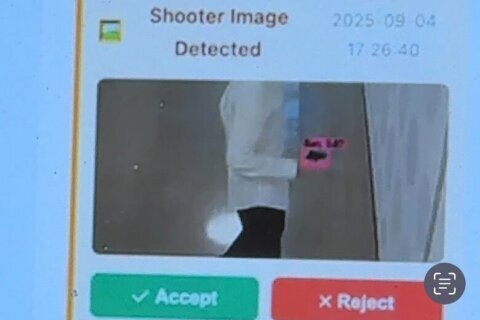Last month, a team of University of Maryland students, operating under the name DefenX, were named the first winners of the newly launched XFoundry Xperience competition. Their project uses artificial intelligence to detect weapons in schools within seconds, addressing a problem that has become all too familiar for a generation raised in the aftermath of Columbine.
The XFoundry Xperience program, which began in early 2024, challenges students from both STEM and non-STEM fields to develop solutions for pressing societal issues. DefenX received a $250,000 prize to help launch their company and move their product toward real-world application.
The team trained AI models to work with existing school camera systems, enabling them to detect a firearm within roughly three seconds and with an accuracy rate of over 90%. Once a weapon is identified, the system can pinpoint the shooter’s exact location and immediately alert teachers, students, and law enforcement. The platform also includes follow-up support, such as access to mental health resources and data review tools.
Over 18 months of testing, the AI demonstrated its ability to distinguish between actual weapons and harmless objects, such as umbrellas, even in challenging conditions like crowded hallways or dim lighting. In demonstrations, a red dot on a school map marked the shooter’s live location, updating in real time as they moved through the building.
Students Smithi Mahendran and Srinidhi Gubba led much of the technical development, while others focused on ethical considerations — including ensuring the system did not store facial recognition data. Affordability was also a key requirement, and DefenX designed the product with school budgets in mind.
The program’s founder, Amir Ansari, praised the students for addressing an issue that has deeply affected their generation. He noted that their work not only advances safety but also shows how students, when given freedom and resources, can develop innovative solutions.
Following this first competition, the next XFoundry cohort is already working on a new challenge, this time aimed at tackling student mental health. Ansari expressed confidence that future groups would continue producing practical and impactful innovations.




